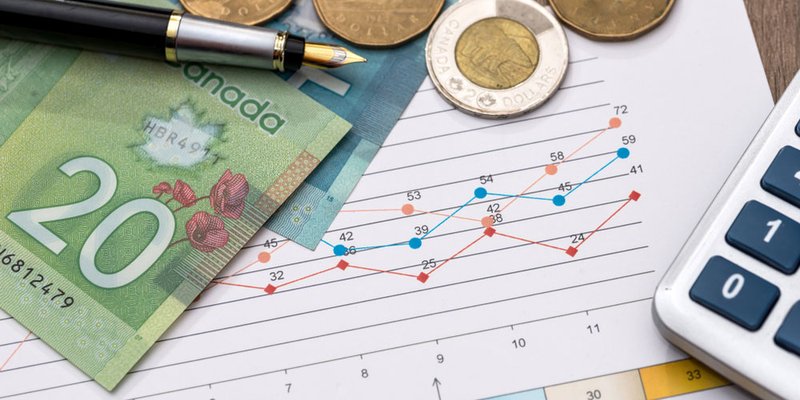
If you are not redirected within 30 seconds, please click here to continue.
Samedi: 10h – 16h HAE

If you are not redirected within 30 seconds, please click here to continue.
If you are not redirected within 30 seconds, please click here to continue.
The Difference Between a Secured and Unsecured Loan

The two most common types of loans are secured and unsecured loans. Whether you’re looking to borrow money for a new car or even a vacation, it’s best to understand your options before applying.
What is a secured loan?
Secured loans are generally more customizable and negotiable. They can have either have a fixed or variable interest rate and can last for a set or variable amount of time. You can likely borrow a lot more at a lower interest rate with a secured loan, because you are generally required to put up some form of collateral for approval.
A common example of a secured loan is a mortgage, in which your home is the collateral. If you are unable to make your mortgage payments, your house can be taken away, in what’s known as foreclosure.
And though your credit history will be considered, your current credit score doesn’t bare as much weight in the approval process. Secured loans can still be a great option for those who are having a hard time getting a loan due to their poor credit rating. Since there is collateral involved, secured loans are generally easier to get, in the sense that they are more attainable. However, the actual approval process may take much longer than that of an unsecured loan, since it will likely require more paperwork.
What is an unsecured loan?
In contrast, most unsecured loans have set terms outlined in the contract – usually, a fixed term and fixed interest rate to match. This means that you have a set amount of time to repay the loan, and the interest rate won’t change throughout your term.
An unsecured loan does not require collateral. These types of loans usually come at lower amounts with higher interest rates since the lender is taking on more risk. An example of an unsecured loan would be the credit given to you through your credit card. You are not required to put up any collateral when applying for a credit card, and nothing will be taken from you if you fail to pay your balance on time, but you will be charged a great amount of interest on top of late fees.
And if you fail to pay at all, your file will likely be sent along to a collection agency. Having a good credit score is also key in getting approved for an unsecured loan. Lenders need to know if you will pay your bills on time. As a result, before approving an unsecured loan, they will dive into your credit history and take your current score into consideration.
Having a good score shows you are financially fit and are more likely to pay your bills on time, which improves your chances of being approved. Since there is typically less paperwork involved when applying for an unsecured loan, the process can be faster, but it is harder to get approval.
When should I get a secured or unsecured loan?
Depending on how you want to use your loan, the type of loan you need can differ greatly.
If you need to secure a large amount of money for a new home or car, you may need to look into a secured loan with a lower interest rate. Or if you have ongoing expenses like medical bills or tuition, small home renovations, or outstanding debts that you need to consolidate, an unsecured loan or credit card may be right for you.
Get money-saving tips in your inbox.
Stay on top of personal finance tips from our money experts!










